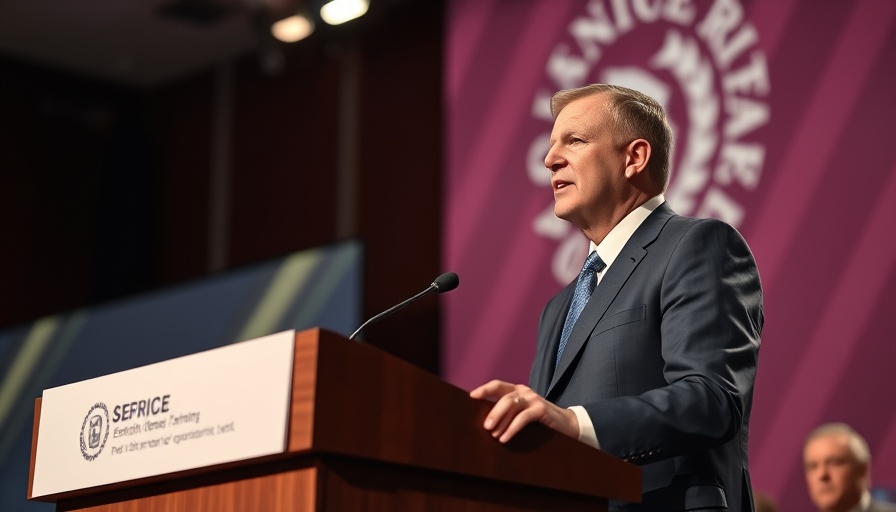
Trump's Bold Move: Ending Sanctions on Syria
In a surprising announcement during his visit to Saudi Arabia, President Donald Trump declared that the United States will remove all sanctions on Syria, a country long designated by the U.S. as a state sponsor of terrorism. "I will be ordering the cessation of sanctions against Syria in order to give them a chance at greatness," Trump stated to an audience at the U.S.-Saudi Investment Forum. This statement marks a significant shift in U.S. foreign policy towards Syria, which has suffered immense hardship and turmoil over the past decade.
A Chance for Stability
Trump's words reflect a desire for a new government in Syria to stabilize the region and foster peace. The chaos of recent years has led to a humanitarian crisis, prompting calls for action from both national and international actors. By lifting sanctions, Trump is striving to create an environment conducive to growth and development in a nation plagued by conflict.
Domestic Reactions
Reactions back home are mixed. While some view this as a potential opportunity for Syrian citizens, others are concerned about the implications of re-engagement with a country that has a history of supporting terrorism. Critics argue that removing sanctions sends a message that such actions can be rewarded, thus undermining long-standing U.S. policies aimed at promoting democracy and human rights.
What This Means for U.S. Taxpayers
For American taxpayers, this pivot in international relations could raise questions around taxation and government spending. Increased engagement with countries like Syria may involve foreign aid or investments requiring funding from U.S. coffers. Taxpayers should stay informed on how these decisions might impact their financial contributions to government initiatives.
Call to Action
As developments unfold regarding U.S.-Syria relations, it's essential for you, as a vigilant taxpayer, to engage in discussions about foreign policy decisions that affect your taxes. Consider how your voice can contribute to shaping policies that prioritize security, stability, and ethical governance.
 Add Row
Add Row  Add
Add 




 Add Row
Add Row  Add
Add 

Write A Comment